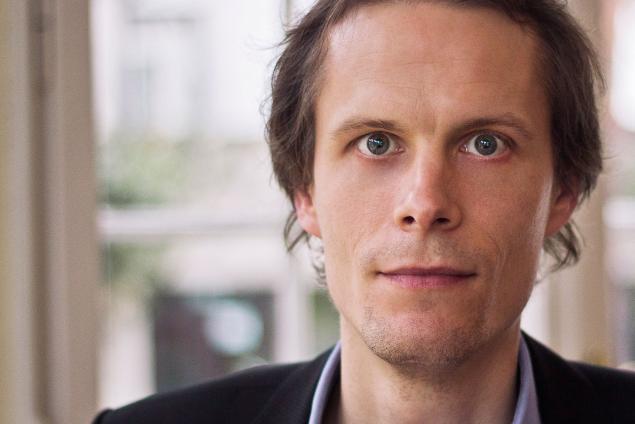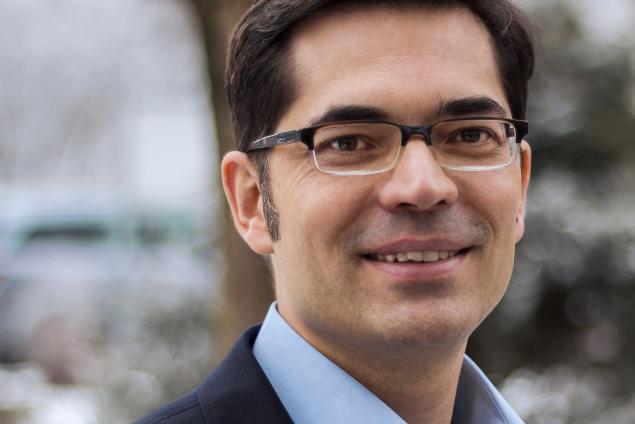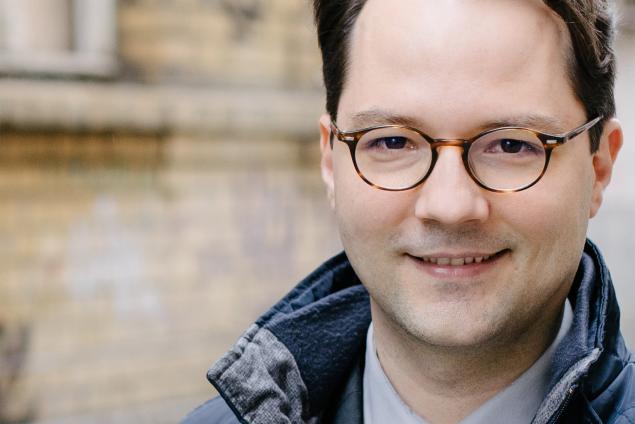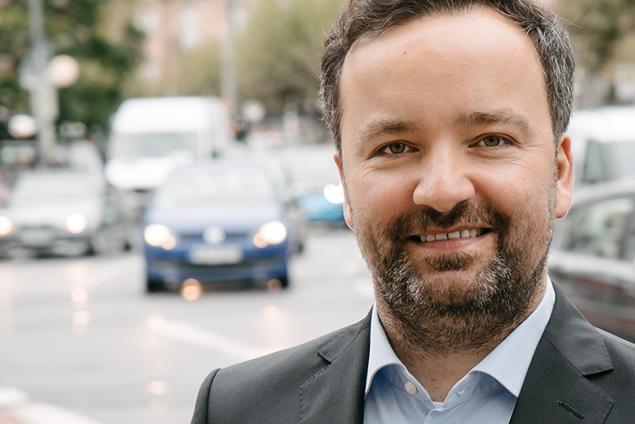Scroll to Section:
Why do some cities grow and are prosperous whereas others shrink and decline? VOLKER EICHENER investigates the key factors that determine the development of a city and also suggests a strategy for declining cities to reverse this trend. As he explains in this video, he examined population growth or decline in a given city as well as economic variables, such as industry, age, or social structure and used these data for building a multiple regression model. What he found is rather surprising: a city is either declining or growing but it does not find a balance – in contrast to the prediction of conventional economic theory. Cities are thus bound by a spiral dynamics and declining cities suffer from what Eichener calls ‘shrinking syndrome’. To counter this, he suggests a strategy of ‘active internationalization’ that uses the opportunities globalization offers, such as attracting innovative businesses, international talent and tourism.
DOI:
https://doi.org/10.21036/LTPUB10516
Original publication
Die Stadt zwischen Wachstum und Schrumpfung. Aktive Internationalisierung als Ausweg aus der Abwärtsspirale
Fortsetzung folgt. Kontinuität und Wandel von Wirtschaft und Gesellschaft
Published in 2017
Reading recommendations
The Origins of Scaling in Cities
Science
Published in 2013
Triumph of the City: How Our Greatest Invention Makes Us Richer, Smarter, Greener, Healthier, and Happier
Published in 2011The Rise of the Creative Class: And How It's Transforming Work, Leisure, Community and Everyday Life
Published in 2002Beyond
A Ground-breaking Scientific Revolution
An Alarming Challenge for Society
If I Had a Second Life
A Personal Reading Recommendation




